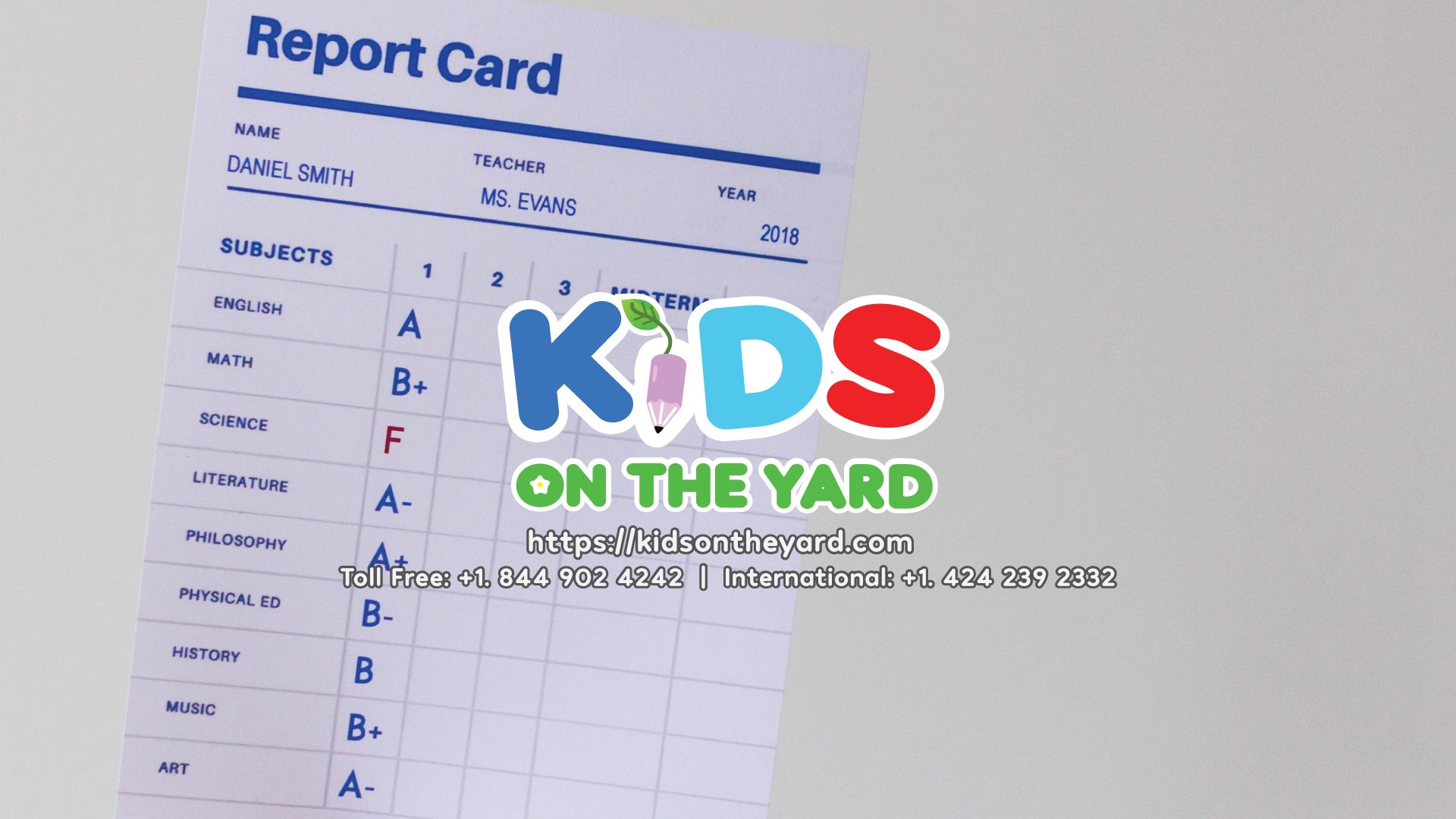|
Audio Article
|
Oh no! You open your child’s report card and see lower grades than expected. It’s natural to feel concerned—maybe you wonder if this reflects your parenting, the school’s curriculum, or something else entirely.
Before jumping to conclusions, it’s essential to take a step back and assess the situation with patience and an open mind. Low grades can stem from various factors, including academic struggles, external stressors, or even unnoticed learning difficulties.
By understanding the bigger picture, you can better support your child and help them get back on track.
Understanding the Context of Low Scores
Low report card scores can be puzzling for parents. When grades decline, it’s important to consider various factors:
- Academic difficulties
- Practical issues like organization and meeting deadlines
- External factors such as stress, bullying, or peer problems
- Grade inflation, which complicates understanding true performance
- Unnoticed learning difficulties like dyslexia or ADHD
- Environmental factors including sleep, nutrition, and study resources
Evaluating low grades requires a comprehensive look at these varied influences to identify root causes and guide solutions. Parents should approach this process with patience and an open mind, recognizing that improvement often requires addressing multiple aspects of a child’s academic life.
Effective Communication Strategies
Communication is key for addressing low report card scores. Here are some strategies:
- Open dialogue with your child: Ask non-judgmental questions that invite discussion. Listen to their thoughts and concerns before offering solutions.
- Collaborate with teachers: Schedule a meeting to discuss your child’s performance. Come prepared with observations and questions.
- Seek teacher insights: Ask about classroom dynamics, learning habits, and recommendations for support.
- Develop strategies together: Work with teachers to create approaches suited to your child’s needs.
The goal is to create a support network involving the child, parents, and educators, ensuring every voice is heard in fostering an environment conducive to learning and improvement.
“Never underestimate the power of baby steps! Break the end goal down into small goals that can be celebrated along the way.”
Implementing Support and Resources
To help improve your child’s academic performance:
- Create a structured study plan with your child’s input
- Utilize additional educational resources (tutors, online platforms, libraries)
- Establish a supportive home environment with a designated study area
- Set clear, achievable objectives, including both grade-related and skill-based goals
- Monitor progress consistently through regular check-ins
By providing structure, resources, and encouragement, parents can help their children overcome academic hurdles and develop a resilient approach to learning. Remember to celebrate small victories to maintain motivation and foster a positive attitude towards education.
Understanding the reasons behind low report card scores is crucial. By examining various influences, we can identify where improvements are needed and guide students toward academic success. It’s important to remember that a poor report card is not the end of the world, but rather an opportunity for growth and development.
Questions You May Have:
Why did my child’s grades drop?
There are many possible reasons for a decline in grades, including academic difficulties, organization and time management challenges, external stressors like bullying, undiagnosed learning difficulties, or environmental factors such as lack of sleep and nutrition.
How can I talk to my child about their low grades?
Approach the conversation with a non-judgmental attitude. Ask open-ended questions to understand their perspective and listen before offering solutions.
Should I speak with my child’s teacher?
Yes, setting up a meeting with the teacher can provide valuable insights into classroom behavior, learning habits, and potential strategies for improvement.
What if my child is struggling with organization and deadlines?
Help them develop better organizational skills by using planners, setting reminders, and breaking assignments into manageable tasks.
Could an undiagnosed learning difficulty be the cause?
If you suspect a learning difficulty such as dyslexia or ADHD, consult with a specialist for evaluation. Identifying such challenges early can lead to effective interventions.
How can I support my child at home?
Create a structured study plan, provide a designated study area, and utilize additional educational resources like tutors, online platforms, and libraries.
How can I track my child’s progress?
Schedule regular check-ins to review progress, celebrate achievements, and adjust study strategies as needed.
How do I keep my child motivated?
Break larger goals into smaller, achievable steps and celebrate progress. Encourage effort and persistence rather than focusing solely on grades.
Can external factors like stress or bullying affect academic performance?
Yes, stress and bullying can significantly impact a child’s ability to focus and succeed academically. Ensure your child feels supported emotionally and has access to necessary resources.
Is a low report card a sign of failure?
No, a poor report card is an opportunity for growth. Identifying challenges and taking steps to address them can lead to improvement and resilience in learning.
- Learning Heroes. Parent mindsets: The disconnect between parents’ perceptions and student achievement. 2019.
- ACT. The Condition of College and Career Readiness 2019. ACT, Inc. 2019.
- National Center for Education Statistics. The Nation’s Report Card: 2022 Mathematics and Reading. U.S. Department of Education. 2023.
- Malkus N. The pandemic’s toll on education. American Enterprise Institute. 2025.
- New York State Comptroller. Chronic Absenteeism in New York State Schools. Office of the New York State Comptroller. 2024.


